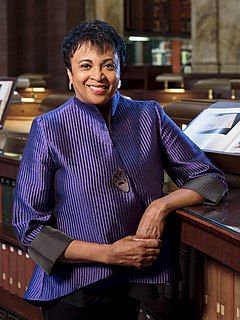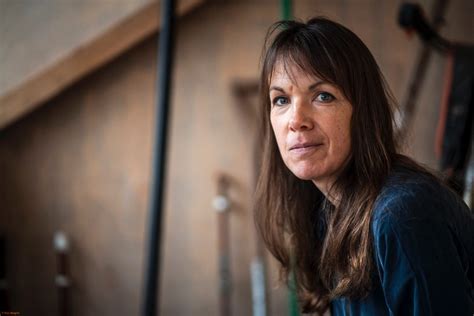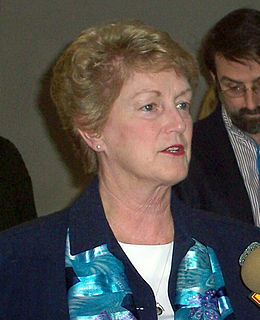A Quote by Sam Weller
Libraries are at a cultural crossroads. Some proffer that libraries as we know them may go away altogether, ironic victims of the information age where Google has subverted Dewey decimal and researchers can access anything on a handheld device. Who needs to venture deep into the stacks when answers are but a click away?
Related Quotes
In 2002, Google began an ambitious project to digitize every book in the world. It was intended as a search project: type in a query, and Google would show you snippets. They asked university libraries for books, which they would scan for free. At Harvard we didn't permit them to take works under copyright, but other libraries gave them everything.
When the function of libraries is put in terms of their contributions to the community, people see their centrality. The challenge to us is to continue to help them see it in those terms to describe our larger purposes. We must assert that libraries are central to the quality of life in our society; that libraries have a direct role in preserving democratic freedoms. Free access to information and the opportunity of every individual to improve his or her mind, employment prospects, and lifestyle are fundamental rights in our society.
Today, if you have an Internet connection, you have at your fingertips an amount of information previously available only to those with access to the world's greatest libraries - indeed, in most respects what is available through the Internet dwarfs those libraries, and it is incomparably easier to find what you need.
We like to say the Internet is the ultimate library. But libraries are libraries because people come together and fund them through taxes. Libraries actually exist, all over the country, so why is it such a reach to imagine and to someday build a public institution that has a digital aspect to it? Of course the problem is that libraries and other public services are being defunded and are under attack, so there's a bigger progressive struggle this plays into.
NC LIVE has the potential to give citizens across North Carolina immediate access to the rich array of information resources housed by the libraries on UNC's 16 campuses. It will allow unprecedented collaboration and sharing of resources among sister UNC institutions, the community colleges, and the state's public libraries.
I claim that this bookless library is a dream, a hallucination of on-line addicts; network neophytes, and library-automation insiders...Instead, I suspect computers will deviously chew away at libraries from the inside. They'll eat up book budgets and require librarians that are more comfortable with computers than with children and scholars. Libraries will become adept at supplying the public with fast, low-quality information. The result won't be a library without books--it'll be a library without value.


































